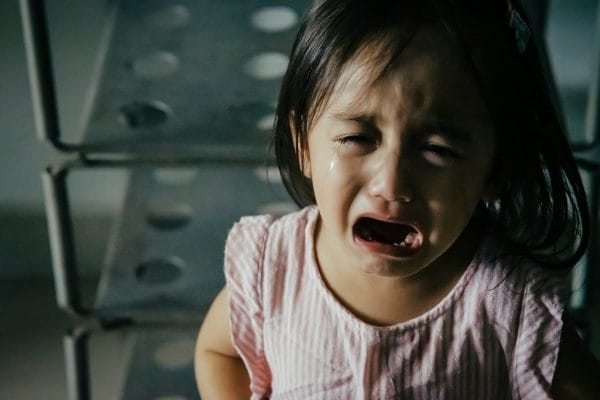What Are the Risks of Peer Pressure?
Peer pressure is a powerful force that can influence our decisions, behaviors, and even our sense of self. It’s something everyone faces at one point or another, regardless of age, but it’s particularly prevalent among adolescents and young adults. While the desire to fit in and be accepted by one’s peers is natural, succumbing to peer pressure can lead to negative consequences and risks that are important to be aware of.
In this article, we’ll delve into what peer pressure is, the various risks associated with it, and how we can navigate these challenges.

The Nature of Peer Pressure
![]()
At its core, peer pressure involves the influence that a group, or even a single individual, can have over someone’s decisions and actions. This influence can be direct or indirect, positive or negative. However, when people talk about the risks of peer pressure, they’re usually referring to the negative or coercive forms that can lead to harmful behaviors or decisions.
Risks Associated with Peer Pressure
![]()
The risks of succumbing to peer pressure are multifaceted and can affect various aspects of an individual’s life. Here are several key risks to be aware of:
- Substance Abuse: One of the most well-documented risks associated with peer pressure is the initiation into substance abuse. Young people, in particular, may feel compelled to experiment with drugs, alcohol, or tobacco to fit in or seem cool, even if they’re aware of the potential harm.
- Risky Behaviors: Peer pressure can push individuals towards engaging in risky behaviors that they might not otherwise consider, such as reckless driving, unsafe sexual practices, or illegal activities. These actions can have serious, sometimes lifelong, consequences.
- Mental Health Issues: The stress of trying to conform to peer expectations can lead to anxiety, depression, and low self-esteem. Feeling like you have to change or hide who you are to be accepted can be damaging to one’s mental and emotional well-being.
- Academic Performance: Negative peer pressure can distract from academic pursuits, leading to poor performance in school. This can have a ripple effect on future opportunities and career prospects.
- Loss of Individuality: Consistently yielding to peer pressure can erode one’s sense of self and individuality. It can prevent people from exploring their own interests, beliefs, and values, stifling personal growth.
Real-Life Examples and Case Studies
![]()
To illustrate the risks of peer pressure, let’s look at some examples and case studies:
A study published in the Journal of Adolescent Health found that teenagers are more likely to smoke if their friends do, highlighting the significant role that peer influence plays in the initiation of smoking. Another research project showed that adolescents who spent more time with peers who engaged in risky behaviors were more likely to participate in similar activities themselves.
These examples underscore the potent influence peers can have on an individual’s behavior, often leading to negative outcomes. However, it’s important to remember that peer pressure can also be a force for good, encouraging positive behaviors like volunteering, academic achievement, or healthy living habits.
![]()
So, how can one navigate the challenges of peer pressure? Here are some strategies:
- Develop Self-Confidence: Being confident in who you are and your values can make it easier to resist negative peer pressure. It’s important to cultivate a strong sense of self.
- Choose Friends Wisely: Surrounding yourself with supportive friends who respect your decisions and have similar values can reduce the likelihood of facing negative peer pressure.
- Learn to Say No: It’s okay to say no to things that make you uncomfortable or go against your values. Practicing refusal skills can be empowering.
- Seek Support: If you’re struggling with peer pressure, talk to someone you trust, like a parent, teacher, or counselor. They can offer guidance and support.
- Be a Positive Influence: Remember, peer pressure can be positive. Strive to be a positive influence on your peers, encouraging healthy and safe behaviors.
Conclusion: The Power of Awareness and Choice
![]()
Peer pressure is a complex issue, but being aware of its potential risks is the first step towards mitigating its negative impact. By understanding the nature of peer pressure, recognizing its risks, and adopting strategies to navigate its challenges, individuals can make informed decisions that align with their values and well-being. It’s about finding the balance between fitting in and staying true to oneself. Ultimately, the choices we make in the face of peer pressure can define our paths and shape our futures.
Remember, it’s your life, and you have the power to choose how you live it. Don’t let peer pressure steer you away from what’s right for you. Embrace your individuality, make choices that are in your best interest, and let your inner light shine bright, regardless of the pressures around you.





